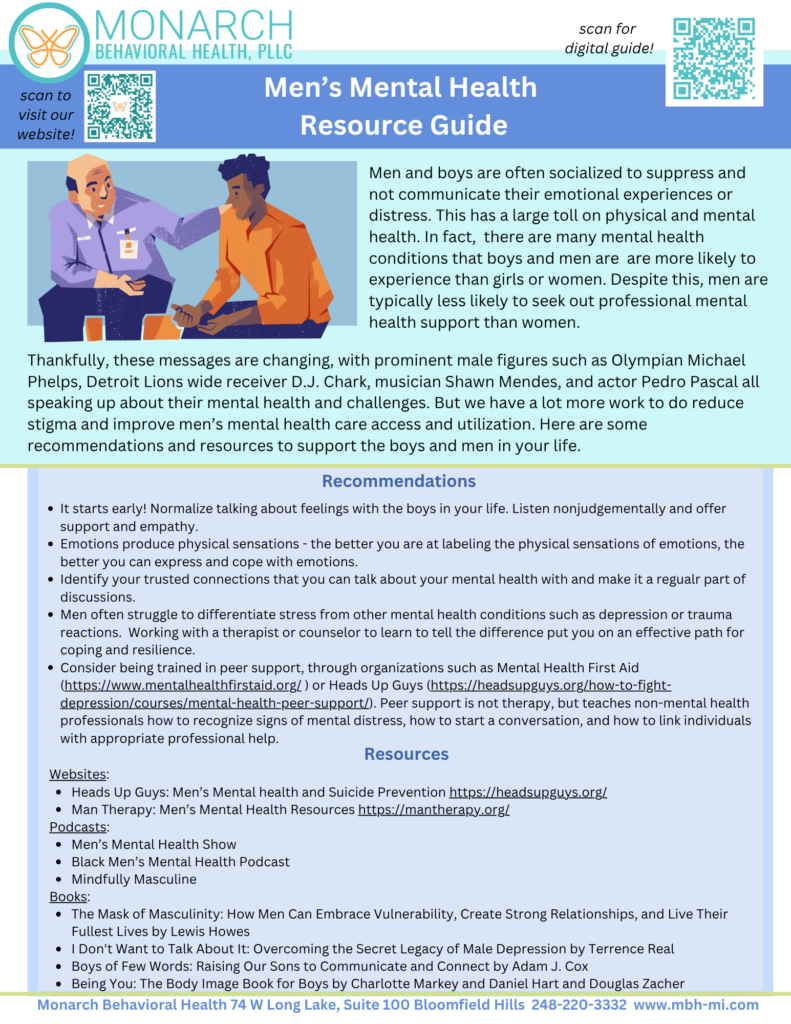Home for the Holidays: 5 Ways to Navigate Holiday Family Dynamics and Fuel Your Inner Peace


As much as we love the holiday season, it’s also a time of heightened stress—one that can amplify long-standing family patterns and dynamics. The holidays are different from most other times of year because we often placate and compromise more during interactions just to get through the event. We may tolerate behaviors or slip into family roles we wouldn’t otherwise accept.
While compromise has its place, creating positive family memories shouldn’t come at the expense of our emotional wellbeing. Here are five ways to protect yourself from emotional burnout while celebrating with family this holiday season.
What Role Are You Cast In?
When we step back into family and friend circles during the holidays, familiar patterns of interaction and communication often resurface. These dynamics can pull us back into roles we may have long forgotten—or already outgrown. Roles like The Peacemaker, The Jokester, Mom’s Favorite, or The Black Sheep are shaped over time and influence how we feel about ourselves and others.
Each family role also comes with its own emotional weight, sometimes stirring up intense feelings like anger, anxiety, or abandonment. One helpful thing to remember is that every role serves a purpose within the family system. When you can reflect on the role (or roles) you tend to occupy and increase awareness of the function it plays, you’re less likely to be unintentionally pulled back into it—and into its emotional aftermath.
Don’t Fight the Feeling
Resurfacing family roles and patterns can trigger some of our most intense emotional experiences. During the holidays, we often try to compartmentalize or push emotions aside just to get through gatherings. But emotions have a way of sneaking out anyway—often through less adaptive behaviors like sarcasm, overindulgence, social withdrawal, or internalized sadness, anxiety, or anger. Over time, these outlets contribute to emotional burnout.
Instead of suppressing emotions, try noticing them. Pay attention to how a particular person or interaction makes you feel, and give that feeling a bit of breathing room. What might it be telling you—to back off, reduce contact, speak up for yourself, or seek support elsewhere? Even if you don’t act on the emotion, acknowledging it helps release internal pressure and lowers your emotional temperature.
Write New Endings to Old Stories
Do interactions with certain family members always seem to end the same way? If your answer is a resounding yes, here’s the good news: you have more control than it might feel like.
Identify the familiar “story arc”—the beginning, middle, and typical ending of the interaction. Then imagine a few alternative endings that would feel more supportive or aligned with your needs. For example, instead of an ending marked by escalation or shutdown, you might choose one where you express yourself directly and respectfully, or one where you take space before emotions run too high.
When you notice yourself entering a familiar rerun, you can consciously turn the page and choose a different ending.
Boundaries Are the Perfect Gift to Give
One of the most effective ways to step out of well-worn family roles and change interaction patterns is through clear boundaries. Practice stating boundaries using simple, direct language:
- “I’ll be leaving at 9:00 pm.”
- “Please don’t speak to me that way.”
- “That’s not something I want to talk about.”
Notice that each of these is an “I” statement. Focusing on what you will or won’t do—rather than trying to manage someone else’s behavior—makes boundaries far more effective and less dependent on others’ reactions. Truly, boundaries are the gift that keeps on giving.
Beware of the Shame and Guilt Trap
Some family members may respond to boundaries by attempting to induce guilt or shame. Don’t fall for it. You are allowed to have physical and emotional needs.
Expressing what you want or need gives others the opportunity to respect you and, in some cases, strengthen the relationship. If someone isn’t able—or willing—to make space for your needs, remind yourself that your wellbeing still matters. Taking emotional or physical space can be an act of self-respect, not selfishness.
Conclusion
As the holidays unfold, remember that you don’t have to show up perfectly—you just have to show up honestly. Family dynamics are deeply wired, and noticing them without judgment is already meaningful work. Each moment of awareness, each boundary you honor, and each pause you take to care for yourself is a step toward creating holidays that feel more peaceful and more authentic.
Happy Holidays from all of us at Monarch Behavioral Health
Make an appointment today! https://www.mbh-mi.com/make-an-appointment/















Recent Comments